Hormones play a crucial role in regulating many bodily functions, and one of the most visible ways they affect us is through our skin. Throughout different life stages—puberty, pregnancy, menopause, and even times of stress—hormonal fluctuations can lead to a variety of skin concerns, including acne, dryness, hyperpigmentation, and loss of elasticity. Understanding how hormonal changes impact the skin can help individuals make informed choices about skincare, diet, and lifestyle adjustments to maintain a healthy complexion.
How Hormones Influence the Skin
 Hormones are chemical messengers that control various bodily processes, including metabolism, immune function, and skin health. The main hormones that affect the skin include:
Hormones are chemical messengers that control various bodily processes, including metabolism, immune function, and skin health. The main hormones that affect the skin include:
- Estrogen – Maintains skin hydration, elasticity, and thickness
- Progesterone – Can increase oil production and influence acne formation
- Testosterone – Stimulates sebum production, which can lead to acne
- Cortisol – The “stress hormone” that can trigger inflammation and breakouts
- Thyroid Hormones – Regulate metabolism and influence skin texture and hydration
Fluctuations in these hormones can result in a wide range of skin conditions, depending on the stage of life an individual is experiencing.
Puberty: The Onset of Hormonal Acne
One of the most common skin changes during puberty is acne. As teenagers experience a surge in androgen hormones (such as testosterone), the sebaceous glands become more active, producing excess oil. This oil, when combined with dead skin cells and bacteria, clogs pores and leads to acne breakouts.
Common Skin Issues During Puberty:
- Increased oiliness
- Acne (blackheads, whiteheads, and cystic acne)
- Enlarged pores
- Sensitivity and inflammation
Skincare Tips for Puberty:
- Use gentle, non-comedogenic cleansers to remove excess oil
- Incorporate salicylic acid or benzoyl peroxide to combat acne
- Avoid over-exfoliating, as it can worsen irritation
- Stay hydrated and maintain a balanced diet to support skin health
Menstrual Cycle: Monthly Skin Changes
Hormonal fluctuations during the menstrual cycle can cause noticeable changes in skin texture and appearance.
- Days 1-14 (Follicular Phase) – Rising estrogen levels contribute to hydrated and plump skin.
- Days 15-28 (Luteal Phase) – Increased progesterone and testosterone may lead to breakouts, oiliness, and skin sensitivity.
- Just Before Menstruation – A drop in estrogen can make skin appear dull and dry.
Skincare Tips During the Menstrual Cycle:
- Use oil-controlling products before and during the luteal phase
- Hydrate and apply antioxidants when estrogen levels drop
- Avoid excessive sugar and dairy, which can exacerbate hormonal acne
Pregnancy: The Glow & the Challenges
Pregnancy leads to dramatic hormonal shifts, particularly in estrogen and progesterone levels. While some women experience the famous “pregnancy glow” due to increased blood circulation and oil production, others may face skin issues like hyperpigmentation and acne.
Common Skin Changes During Pregnancy:
- Melasma (“Pregnancy Mask”) – Dark patches on the face caused by hormonal stimulation of melanin production
- Increased Acne – Progesterone-induced oil production can clog pores
- Stretch Marks – Rapid skin stretching and hormonal fluctuations affect collagen production
- Increased Sensitivity – Skin may react more intensely to certain products
Skincare Tips for Pregnancy:
- Use gentle, fragrance-free skincare products
- Apply sunscreen daily to prevent melasma from worsening
- Hydrate and moisturize to improve skin elasticity
- Consult a dermatologist before using any acne treatments, as some ingredients (like retinoids) should be avoided during pregnancy
Menopause: Loss of Collagen & Dryness
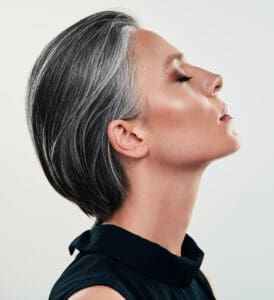 As women enter menopause, estrogen levels significantly decline, leading to changes in skin thickness, elasticity, and hydration. Estrogen is vital for collagen production, and its decrease can result in sagging, wrinkles, and dryness.
As women enter menopause, estrogen levels significantly decline, leading to changes in skin thickness, elasticity, and hydration. Estrogen is vital for collagen production, and its decrease can result in sagging, wrinkles, and dryness.
Common Skin Issues During Menopause:
- Increased dryness and loss of moisture
- Thinner, less elastic skin
- Fine lines and deeper wrinkles
- Slower wound healing and increased sensitivity
Skincare Tips for Menopausal Skin:
- Use rich, hydrating moisturizers containing hyaluronic acid and ceramides
- Incorporate retinoids or peptides to stimulate collagen production
- Apply sunscreen daily to protect thinning skin from UV damage
- Stay hydrated and eat foods rich in healthy fats (e.g., avocados, salmon) to support skin elasticity
Stress & Cortisol: The Skin-Stress Connection
Chronic stress triggers the release of cortisol, which can lead to skin inflammation, breakouts, and even premature aging. High cortisol levels stimulate oil production, which can exacerbate acne. Additionally, stress can weaken the skin barrier, making it more susceptible to irritation and environmental damage.
Common Stress-Related Skin Issues:
- Increased acne and breakouts
- Dull, tired-looking skin
- Sensitivity and inflammation
- Slower healing of wounds or blemishes
Ways to Reduce Stress for Healthier Skin:
- Practice mindfulness, meditation, or yoga
- Get enough sleep to allow skin to repair itself
- Exercise regularly to improve blood circulation
- Maintain a balanced diet rich in antioxidants
Thyroid Hormones & Skin Health
The thyroid gland regulates metabolism, and its hormones play a role in skin hydration and renewal. Both hyperthyroidism (overactive thyroid) and hypothyroidism (underactive thyroid) can lead to skin issues.
Effects of Thyroid Imbalances on Skin:
- Hypothyroidism – Dry, rough, and pale skin; hair thinning
- Hyperthyroidism – Increased sweating, warm and flushed skin
Skincare Tips for Thyroid-Related Skin Issues:
- Use rich, emollient moisturizers for dryness
- Avoid harsh exfoliants if experiencing sensitivity
- Consult a doctor for proper thyroid management
Hormonal changes are an inevitable part of life, affecting the skin in multiple ways. From the acne-prone teenage years to the dryness and thinning of menopausal skin, understanding how hormones influence skin health can help individuals take proactive steps to maintain their skin’s vitality.
Adapting skincare routines to match hormonal fluctuations, eating a nutrient-rich diet, staying hydrated, and managing stress effectively can all contribute to healthier skin. If severe skin concerns arise, consulting a dermatologist or healthcare professional can provide personalized guidance and treatment options.
By recognizing the intricate relationship between hormones and skin, you can work with—not against—your body to achieve a radiant and balanced complexion at any age.

Nurturing Your Skin In Cold Conditions
As the temperature has dropped here in Arizona, these past few weeks, our skin often faces challenges that require special attention. Cold weather can strip away the skin’s natural moisture, leaving...
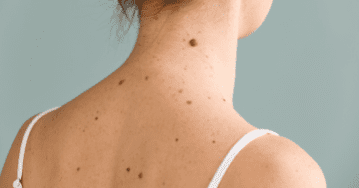
Arizona’s High Melanoma Rates and What You Can Do
Arizona's estimated skin cancer incidence rate is above the U.S. national average, according to Axios and the American Cancer Society (ACS). By the numbers, the Grand Canyon State's annual melanoma...
Trends In Skin Care For 2024
As we step into the new year, the world of skincare is evolving at an unprecedented pace. With advancements in technology, a deeper understanding of skin biology, and a growing emphasis on...
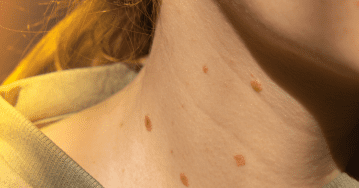
SRT vs. EBX: Choose Your Non-Invasive Skin Cancer Treatment
If you have non-melanoma skin cancer, you want to explore the most effective treatment options to eliminate the malignant cells while minimizing damage to surrounding healthy tissue. Two...
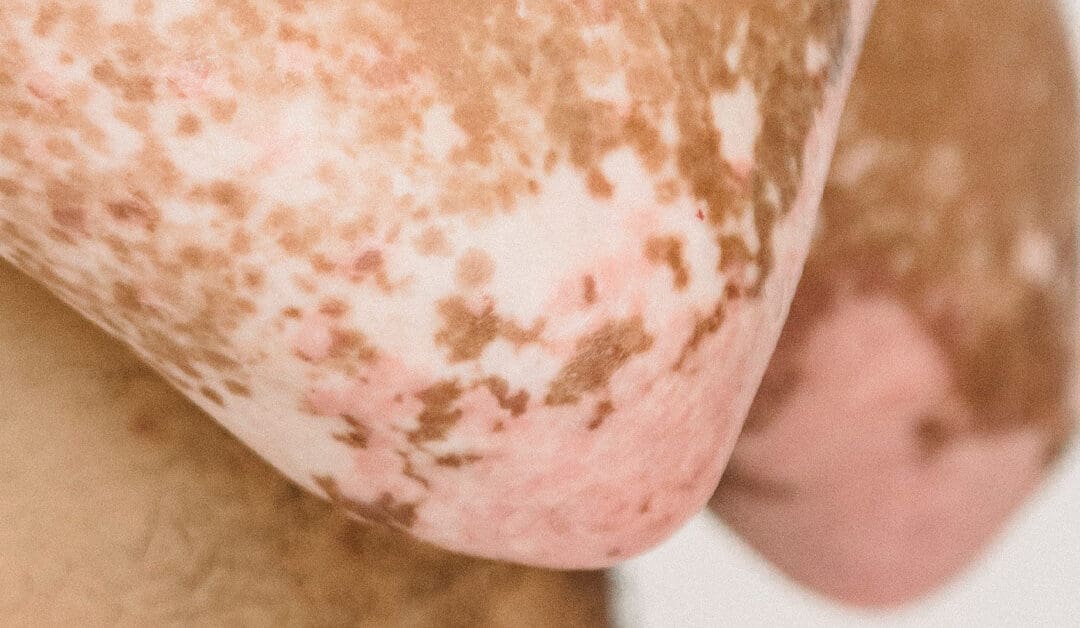
Nine Skin Cancer Sites Hidden in Plain Sight (Where to Look)
Like how a rash can appear anywhere on your body, skin cancer – although more dangerous and unpredictable than other skin problems – can also emerge on any part of your body. Malignant lesions can...

EMSCULPT NEO – Sculpting the Future of Body Contouring
In the ever-evolving world of aesthetics and body contouring, a revolutionary procedure called EMSCULPT NEO has been making waves. This innovative treatment combines the power of both...
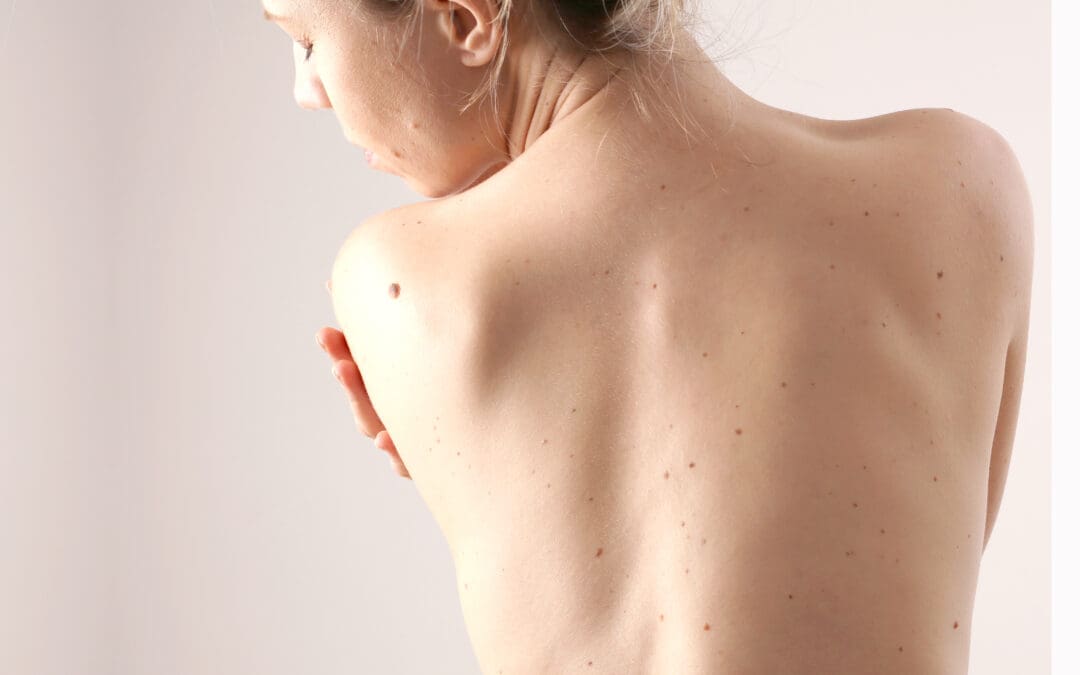
Choosing the Right Skincare Products for Your Skin Type
Beautiful and healthy skin is a reflection of proper skincare, and choosing the right products tailored to your specific skin type is paramount. With a multitude of skincare products available in...

